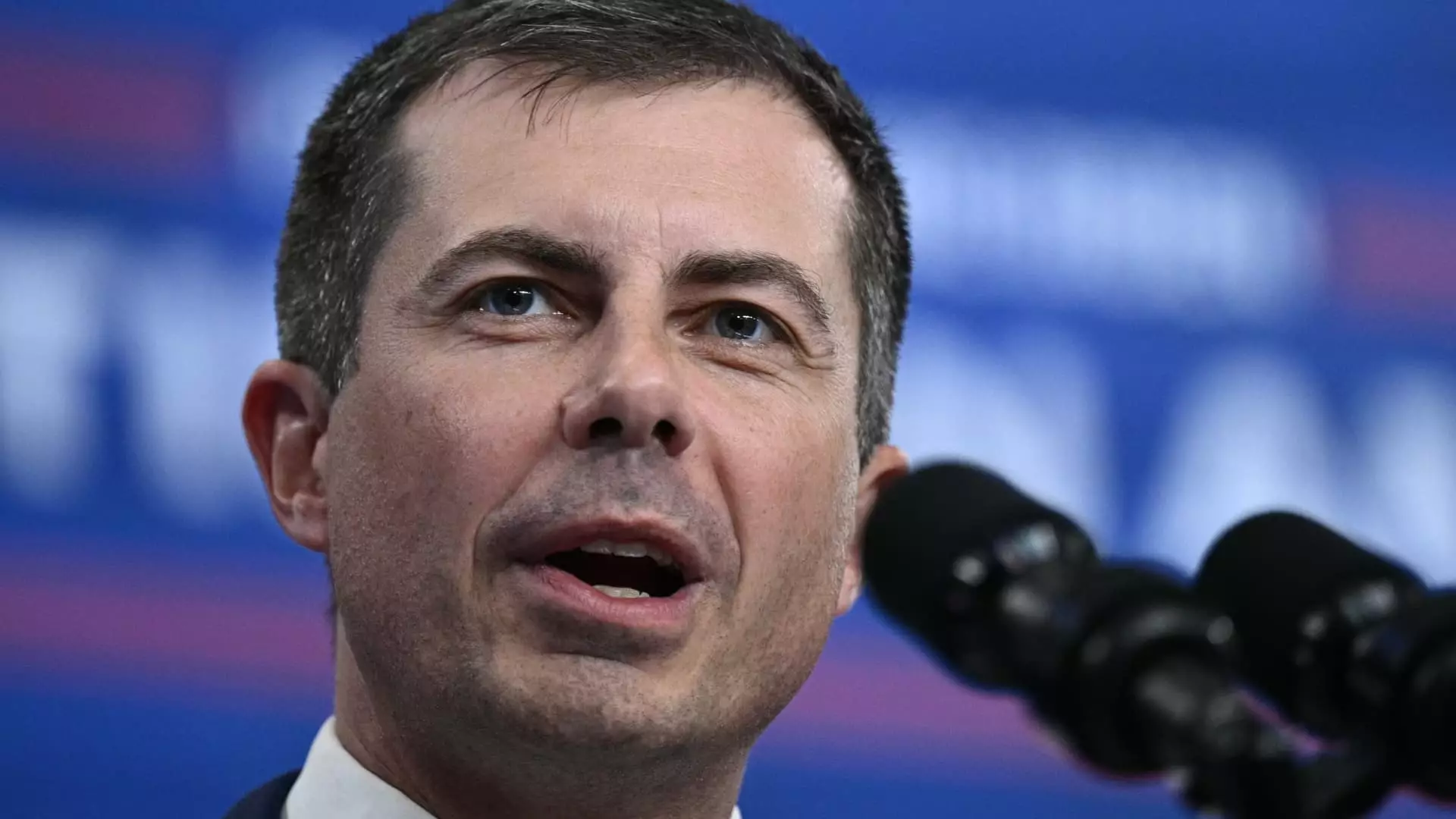In the wake of catastrophic events like Hurricane Helene, swift and accurate communication is paramount for effective disaster response. Unfortunately, misinformation can arise easily, especially from prominent figures. This situation was highlighted when Transportation Secretary Pete Buttigieg publicly addressed Elon Musk, highlighting Musk’s erroneous claims regarding federal disaster aid and the Federal Aviation Administration’s (FAA) involvement in relief operations. The incident serves as a troubling reminder of the profound impact that a single tweet can have when disseminated by someone with a platform as vast as Musk’s.
It all began when Musk, with over 200 million followers on his X platform, made statements that suggested the FAA was obstructing legitimate flights aimed at delivering aid and supplies to the regions affected by Hurricane Helene. This assertion was met with prompt denial from Buttigieg, who emphasized that “no one is shutting down the airspace” and encouraged Musk to reach out directly if he faced issues. The FAA reiterated that there were no airspace restrictions hindering rescue efforts; however, Musk’s unfounded claims had already been disseminated widely.
Musk’s comments didn’t stop at the FAA; he accused FEMA of not only failing to assist in relief efforts but actively blocking citizens who could aid in the recovery. This rhetoric was dangerous, particularly given the intense public scrutiny surrounding disaster management. In moments of crisis, clarity and reassurance are vital, and statements laden with conspiracy serve only to confuse and incite fear among those desperately seeking assistance.
When influential individuals like Musk engage in spreading misinformation, the consequences can ripple out, causing distrust and chaos. With millions of followers, Musk’s words can take on the weight of truth, prompting unwarranted fears and undermining the effectiveness of official communication from disaster response agencies. This incident exemplifies how misinformation can easily spiral into larger narratives that distract from the real issues at hand—people’s lives, their homes, and the struggle for recovery in the aftermath of a natural disaster.
Moreover, the incident underscores a larger pattern in Musk’s interactions with government entities. From previously threatening lawsuits against the FAA to criticizing environmental regulations, Musk’s combative approach towards federal institutions raises questions about accountability and responsibility among public figures. It is crucial for those with significant public influence to recognize the potential ramifications of their words, particularly during sensitive situations like disaster recovery.
The Role of Social Media in Disaster Communication
Social media has revolutionized the way information is disseminated, providing a platform for instantaneous communication. However, it also poses challenges, as the lines between fact and fiction can blur easily. In Musk’s case, his following provided a megaphone for his controversial statements, amplifying falsehoods over official communications. The interaction serves as a cautionary tale for social media users and public figures alike: with great power comes great responsibility.
Instead of utilizing his platform for constructive dialogue about disaster relief, Musk’s tweets diverted attention to allegations and conspiracy theories. This is especially concerning as communities were struggling, and thousands of individuals were seeking real, reliable information about recovery efforts. The ripple effect can hinder aid and deter individuals from engaging with authorized agencies, believing instead in fictitious narratives.
As the aftermath of Hurricane Helene continues to unfold, the role of leadership in crisis situations becomes increasingly clear. The consequences of spreading misinformation can derail progress and exacerbate the suffering of those most affected. It is essential for leaders—whether they are government officials or influential figures—to communicate responsibly and accurately, especially when lives are at stake.
Pete Buttigieg’s direct response to Musk serves as an example of how officials must be prepared to confront misinformation head-on. In the face of falsehoods, the integrity and trustworthiness of responsible communication can provide a beacon of hope and clarity amidst a storm of confusion. Moving forward, let this incident illuminate the critical need for accountability and reliance on verified information—because in crises like these, every word counts.

Leave a Reply